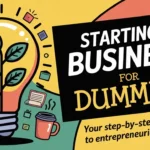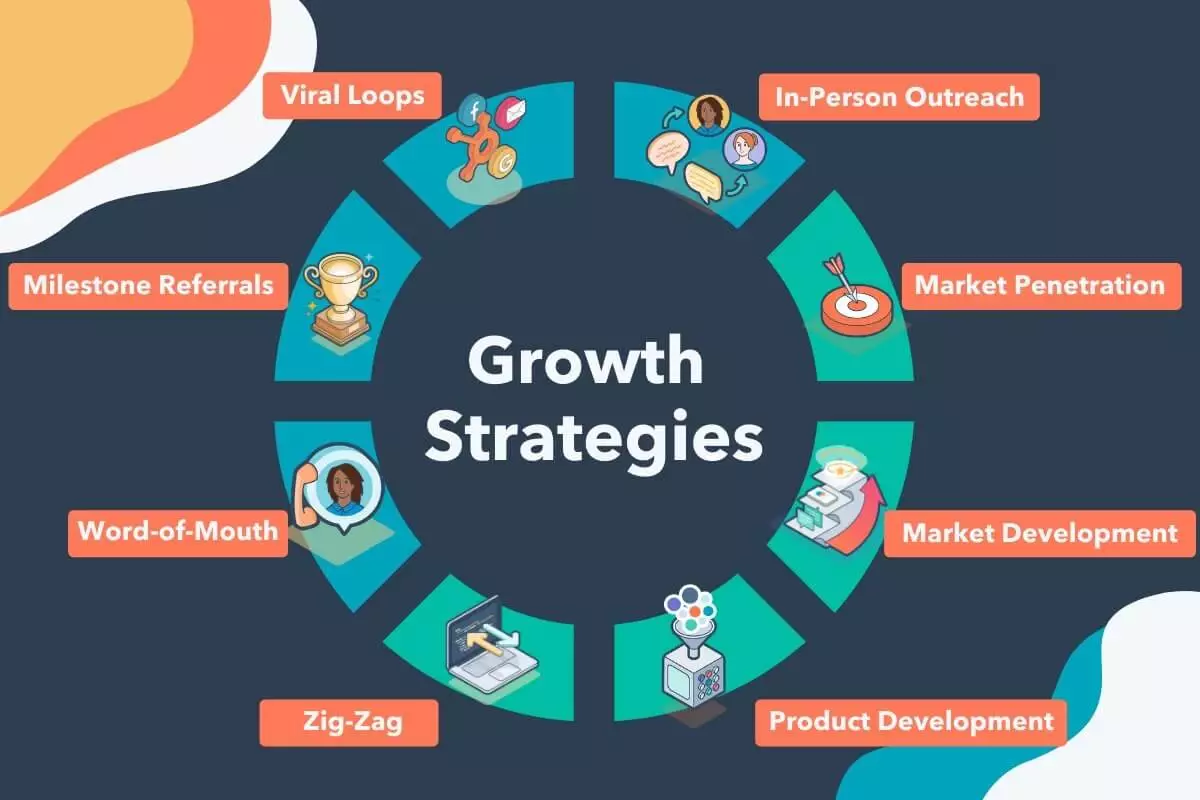A business strategy consultant acts as a high-level advisor, guiding companies through the maze of market challenges, competitive threats, and internal inefficiencies. Think of them as architects of transformation — they assess where a business is, where it wants to go, and how best to get there.
Whether a company is planning a market entry, rethinking its operating model, or preparing for digital disruption, these consultants help frame the right questions, uncover insights, and develop strategies that lead to lasting impact.

Content
What Does a Business Strategy Consultant Do?
At the core of their role, a strategy consultant combines analytical rigor with business acumen to design strategies that solve critical problems. Their work is often structured into a phased approach:
1. Diagnosis and Discovery
- Conduct deep-dive interviews with stakeholders.
- Analyze internal data, KPIs, and financial reports.
- Map customer journeys and operational workflows.
2. Strategic Planning
- Perform SWOT (Strengths, Weaknesses, Opportunities, Threats) analysis.
- Develop competitive positioning frameworks (e.g., Porter’s Five Forces).
- Recommend growth paths — organic or via partnerships/M&A.
3. Execution Planning
- Create execution roadmaps with milestones, owners, and timelines.
- Align teams with change management strategies.
- Develop performance measurement systems.
4. Review and Optimization
- Track key metrics to ensure strategy is delivering results.
- Refine or pivot plans based on real-world performance.
- Facilitate workshops for continuous alignment.
By working across departments, business strategy consultants foster a culture of strategic thinking throughout the organization.
Why Companies Hire Business Strategy Consultants
Organizations bring in strategic consultants for a variety of reasons. Here are some common scenarios:
- Lack of internal expertise: When in-house teams don’t have the experience to tackle large-scale strategic issues.
- Need for objective advice: External consultants offer unbiased insights, free from internal politics.
- Time-sensitive projects: When speed is critical, consultants help companies move fast with proven frameworks.
- Transformation initiatives: Especially during digital transformation, M&A integrations, or market expansions.
- Crisis response: Consultants help stabilize performance and restore profitability during financial downturns or leadership transitions.
For example, a mid-sized manufacturer looking to diversify might hire a business strategy consultant to assess market demand, identify potential product lines, and build a go-to-market strategy — all within a tight timeframe.
The Growing Demand for Business Strategy Consulting
The consulting industry has seen a surge in demand, especially in sectors like:
- Healthcare: As regulations and patient expectations shift.
- Technology: With AI, automation, and cybersecurity becoming top strategic priorities.
- Retail: As e-commerce transforms customer engagement models.
- Sustainability: Companies now need consultants to embed ESG goals into their business strategy.
What’s driving this demand?
- Global competition and disruptive innovation
- The need for digital maturity across industries
- A heightened focus on agility and resilience
As a result, consulting firms and independent strategy consultants alike are becoming key partners in shaping the future of organizations.
Key Skills of an Effective Strategy Consultant
The role demands a blend of technical expertise, strategic insight, and people skills. Here’s a deeper look into what sets top consultants apart:
Interpersonal & Leadership Skills
- Client-facing communication: Presenting findings clearly to senior executives.
- Influence without authority: Leading change initiatives without formal power.
- Cross-cultural understanding: Especially vital in multinational or remote-first companies.
Analytical & Strategic Capabilities
- Modeling and forecasting: Using tools like Excel, Tableau, or Python to model future outcomes.
- Market and competitor analysis: Using data to back strategic recommendations.
- Strategic storytelling: Turning data into compelling narratives that drive action.
Successful consultants are not just thinkers — they’re also doers. They don’t just deliver PowerPoints — they deliver outcomes.
How to Become a Business Strategy Consultant
Many consultants come from diverse backgrounds. Here’s a typical path:
- Education: A bachelor’s in business, finance, economics, or engineering. MBAs are highly valued.
- Early career: Start in consulting firms, corporate strategy, or investment banking.
- Skill-building: Learn tools like Power BI, Excel modeling, and strategic frameworks (e.g., BCG Matrix, Ansoff Matrix).
- Certification (optional): PMP, Six Sigma, or strategy-specific certifications can add value.
- Networking: Build relationships with professionals in your niche or industry of interest.
Independent consultants may also develop a personal brand via thought leadership, publishing case studies, or offering strategy workshops.
Final Thoughts
The role of a business strategy consultant is more crucial than ever. In a world where disruption is constant and uncertainty is the norm, companies need clear, data-driven, and agile strategies to survive and thrive.
A good consultant doesn’t just advise — they partner, challenge, and co-create. They leave behind not just a plan, but the capability and confidence for the business to execute it.
FAQs
What industries benefit most from business strategy consultants?
All industries can benefit, but especially those facing rapid change like tech, healthcare, finance, retail, and manufacturing.
Can small businesses afford business strategy consultants?
Yes. Many consultants offer scalable solutions and work on a project or hourly basis. Strategy consulting isn’t just for enterprises.

Hi, I’m Dan and I write blogs for businesses. I’ve been doing this since 1994 and have written over 10,000 blog posts (and counting). I love writing about what you’re passionate about and how to make your business successful. So if you want to know more about blogging or social media marketing, just let me know!












